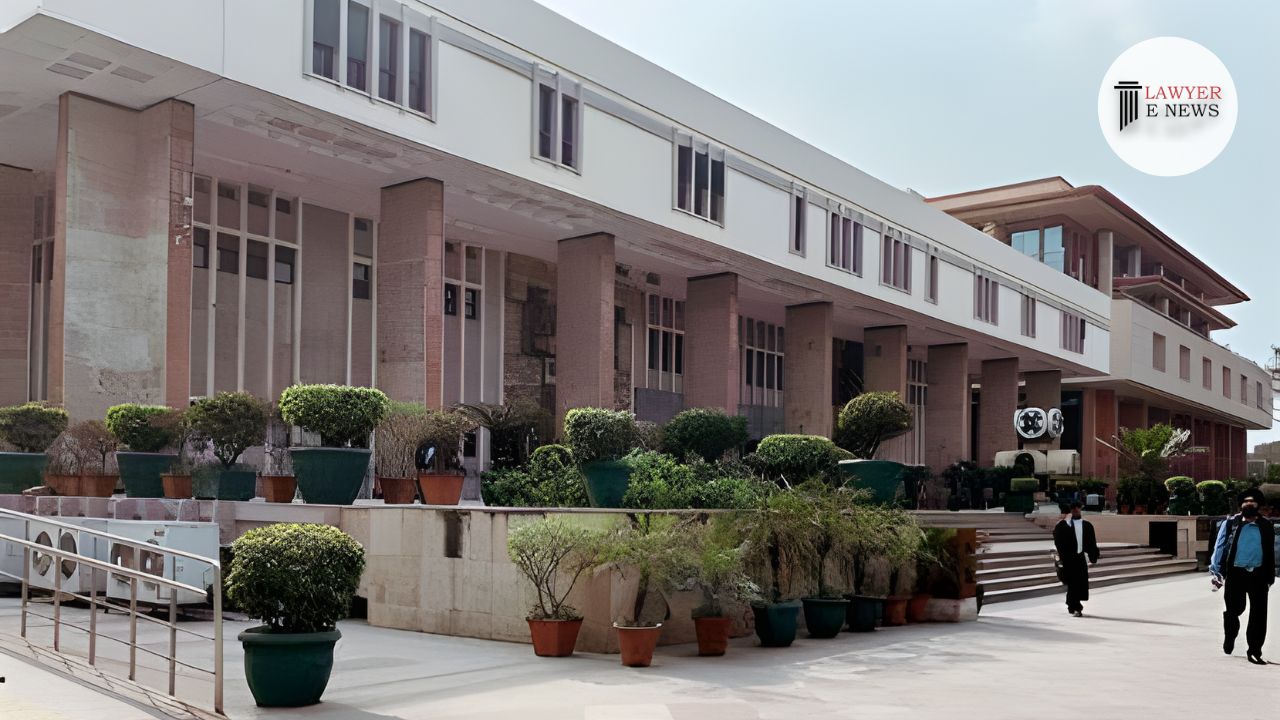-
by Admin
17 February 2026 2:34 PM



In a significant verdict, the Delhi High Court overturned a trial court's decision that had earlier denied the petitioner, Meena Kataria, the right to lead evidence in rebuttal in a dispute concerning the validity of a Will and rights over ancestral properties. Justice Shalinder Kaur of the Delhi High Court emphasized that the right to rebuttal was implicitly reserved, stating, "Right to Rebuttal Implicitly Reserved, Permissible Under Order XVIII Rule 3 CPC."
The court was seized with a civil miscellaneous petition challenging the trial court's decision to dismiss Kataria's application seeking permission to lead evidence in rebuttal under Order XVIII Rule 2(3) of the CPC, pertaining to the dispute over the validity of a Will executed by her late father.
The crux of the dispute involved ancestral properties managed by the petitioner's late father, Mr. Mahavir Singh, who allegedly left behind a contested Will. The respondents claimed that the Will, which heavily favored them, was valid, while the petitioner contested its authenticity. The trial court had previously barred the petitioner from introducing evidence in rebuttal, suggesting she intended to fill gaps in her initial evidence, a decision that Kataria challenged under Article 227 of the Constitution of India.
The High Court detailed its analysis, focusing on the procedural rights under Order XVIII Rule 3 of the CPC. Justice Kaur highlighted that the petitioner reserved the right to rebuttal implicitly by her procedural conduct and not through explicit reservation during the trial phase. The court cited precedents emphasizing that the burden of proof on the existence of the Will lay on the respondents, who were required to prove the Will's authenticity, thus entitling the petitioner to rebut their evidence.
Justice Kaur meticulously reinforced the principle that the right to lead evidence in rebuttal does not necessarily have to be expressly reserved but can be implied from the circumstances and conduct of the case. She also directed the trial court to allow rebuttal evidence strictly relating to the evidence produced by respondents without allowing new evidence or filling any lacunae in the petitioner's case.
Decision: The Delhi High Court set aside the order of the trial court and allowed the petitioner to lead evidence in rebuttal, laying down specific conditions to ensure that the rebuttal strictly relates to the respondents' evidence.
Date of Decision: 15.04.2024
Meena Kataria vs. Rekha & Ors
